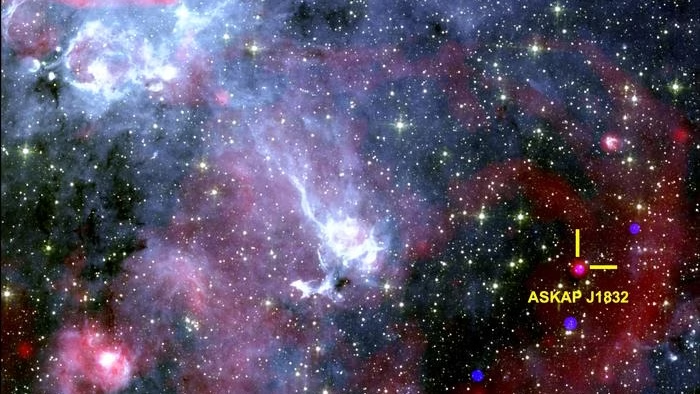Mapping space: Largest map of the universe announced

University of California, Santa Barbara leads research revealing 800,000 galaxies, challenging existing notions of the early universe.
Cosmic signal from the very early universe will help astronomers detect the first stars

Cambridge University researchers utilise hydrogen radio signals, revealing insights into the universe’s infancy and star formation.
Stargazing flight: How Bogong moths use the night sky to navigate hundreds of kilometers

University of South Australia researchers discover Bogong moths’ dual compass system using stars and Earth’s magnetic field.
Astronomers capture most detailed thousand-color image of a galaxy

Heidelberg University researchers reveal unseen galaxy features using ESO’s VLT, capturing over 500 planetary nebulae.
Could ‘pausing’ cell death be the final frontier in medicine on Earth and beyond?

University College London explores necrosis intervention, potentially transforming age-related disease treatments and space health strategies.
The most extreme solar storm hit Earth over 14,000 years ago, scientists identify

University of Oulu researchers uncover unprecedented solar event, revealing it was 500 times stronger than 2005’s storm.
Cosmic mystery deepens as astronomers find object flashing in both radio waves and X-rays

Curtin University researchers discover ASKAP J1832-0911, a unique long-period transient emitting pulses every 44 minutes.
Unravelling the origin of mysterious ultra-high-energy radiation

Researchers at the Norwegian University of Science and Technology explore black holes as potential sources of cosmic rays.
Tree leaves could provide early volcano warnings from space

University of Houston researchers use vegetation changes detected by satellites to predict volcanic activity earlier.
Astrophysicist searches for gravitational waves in new way

University of Colorado Boulder physicist explores innovative gravitational wave detection, potentially revealing insights into black hole collisions.
